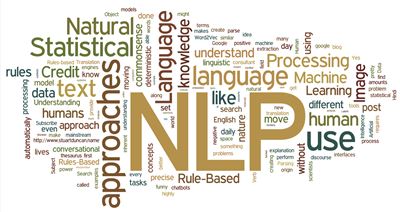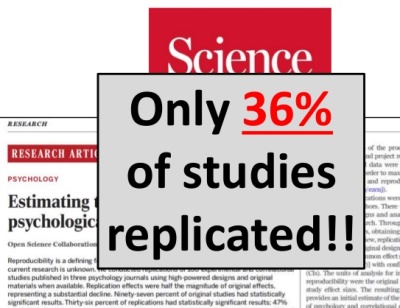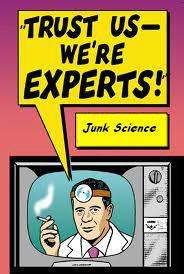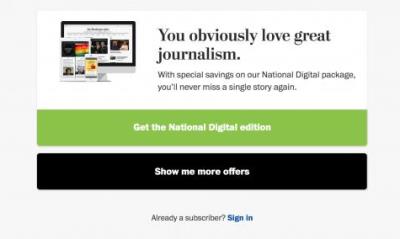Following on our previous post ‘How Data Really is the New Oil, and Better‘, there are two issues for data like for oil: access to the data, and then the ability to process it to produce value.

It is easier for startups to find new ways of processing the data to extract value, because the way it can be processed is heavily dependent on the utilization and hence niches can be produced to provide the user with specific benefits. The way to massage the data to provide value requires a lot of user interaction.
I observe that access to data is an issue for startups and the usual internet suspects have of course a substantial advance on that aspect.
In my limited experience as Business Angel with start-ups I observe that access to the data is often the most frustrating part. Governments’ public cata availability initiatives (open data) have not yet delivered in all countries and areas of public life. Private data can be difficult to get to help develop a product without entering legal issues, and they are often difficult to use technical as well because of their inconsistency or historical aspects. In that context data cleansing and preparation is becoming a real trade.
Hence for start-ups, access to relevant data is often the bottleneck and this aspect must be carefully vetted before launching a venture, because it is where you may fail or have to surrender to some data hoarding giant.











